12 Efficient Ways to Conserve Water at Home
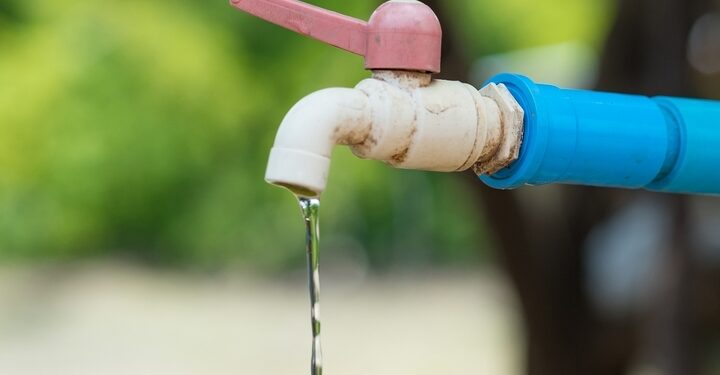
Water is costly. You may not think you can do much about water pricing, from service fees to usage, but often, you can. Conserving water at home, you do right by your utility bill and eliminate water waste. Water efficiency is a smart habit to commit to, and even a little helps.
As water rates for utilities continue to increase, there ways to conserve water at home that minimize your total water usage. Learn these twelve environmentally friendly ways to conserve water at home:
1. Monitor water usage
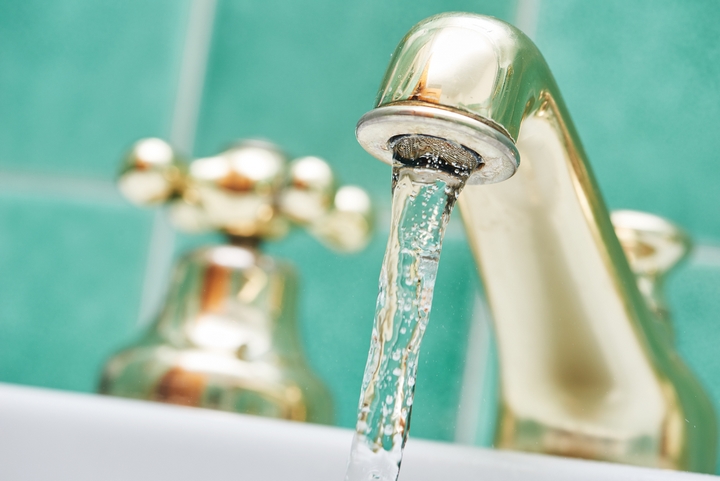
Take a close look at your monthly water bills. See what your usage is. If you notice significant changes month over month, it could be a clear sign of a leak somewhere in the plumbing or something occurring that shouldn’t. In conserving water at home, your water bill will also show whether your approach is working or not.
2. Fix leaky taps and fixtures
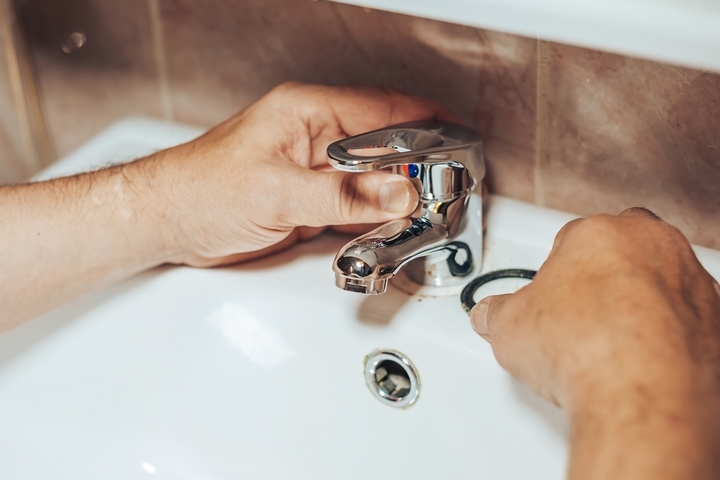
Taps and fixtures prone to leaks should be checked and either repaired or replaced when a problem’s present. A single leak can cost home as much as 10,000 litres of water per year. Monthly, that’s a huge hit financially and on your total water usage. Contact a plumber to fix any leakages in the long term.
3. Turn off the tap when not in use
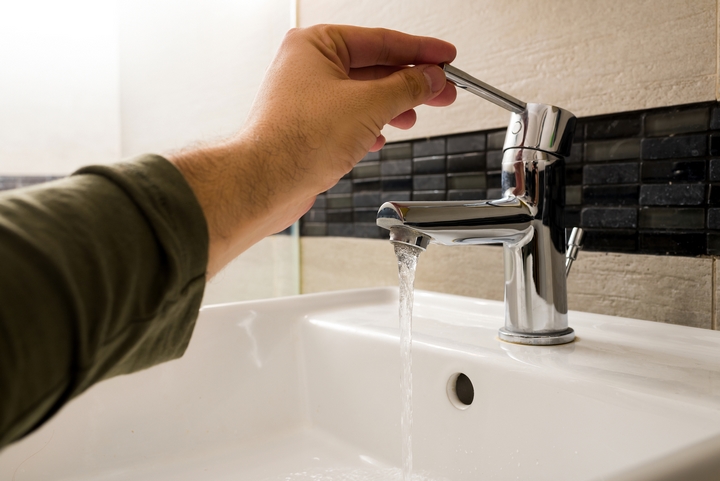
If you’re brushing your teeth, turn off the tap. If you’re drying your hands after washing them, turn off the tap. If you’re shaving, turn off the tap. Don’t let the water run. It’s a bad habit if you’re conserving water.
4. Check your toilet for leaks
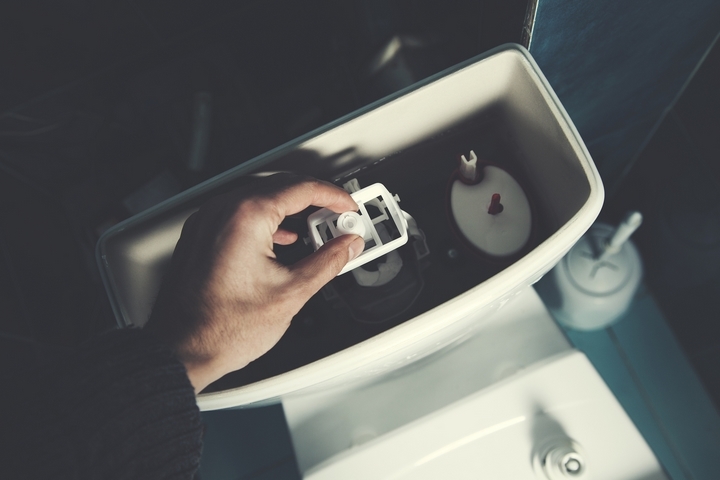
A toilet tank can leak as well. To find out if your toilet is leaking, put a few food colouring drops inside the toilet tank. Don’t flush it and wait 30 minutes. If you see colour in the toilet bowl when you return, there’s a leak somewhere in the tank.
A toilet can easily waste up to 100 gallons of water every day when there’s a leak. Has a professional plumber fixed it?
5. Limit shower time
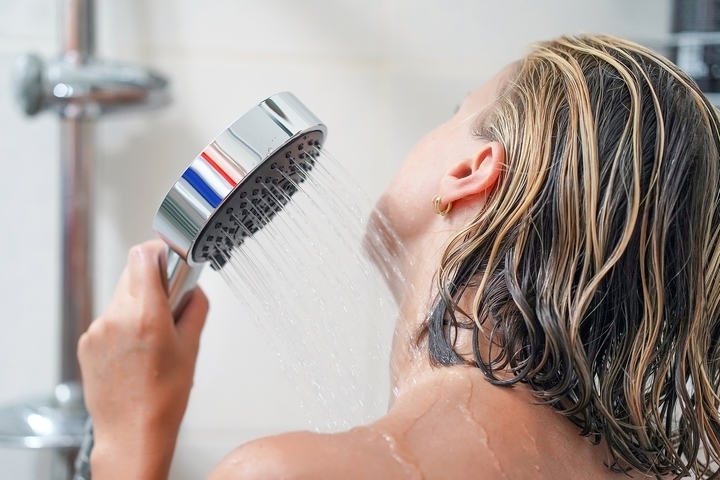
Some of us like to take very long showers. They’re relaxing. They feel good. They help clear your head. As nice as that is, an average shower uses 5-10 gallons of water per minute. So, for a 15-minute shower, you’re using 75-150 gallons of water. That’s a lot! Try to limit your showers, and you save a ton.
6. Install flow restrictors
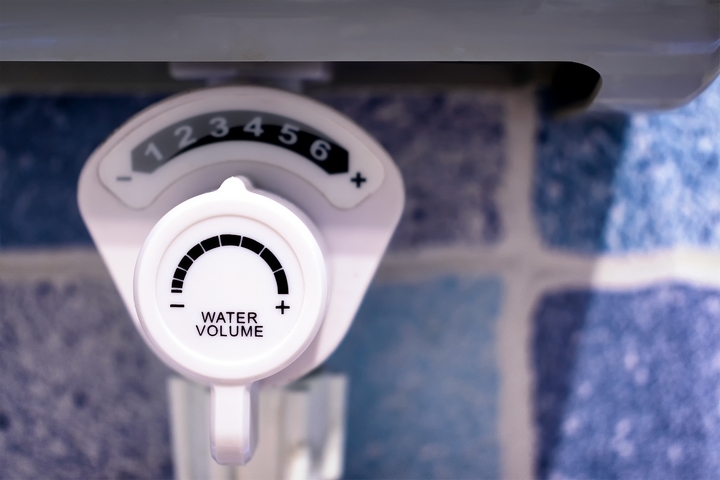
A water-saving showerhead. A low-flow toilet. These things can cut down water supply in a big way. The average flow restrictor can reduce water use in the shower, bringing it from 5-10 gallons to about three per minute.
Although the shower will feel different, you’ll enjoy the cost savings, and, fortunately, these flow restrictors are relatively easy to install.
7. Run the dishwasher when it’s full
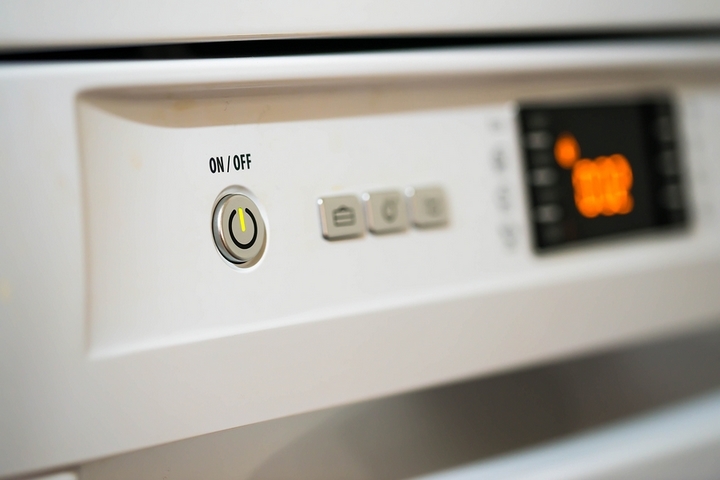
Don’t run the dishwasher when it’s only half-full. A dishwasher can use 25-35 gallons of water per cycle. If you are running it every night regardless of how full it is, that’s a lot of water down the pipes.
8. Wash dishes by hand without waste
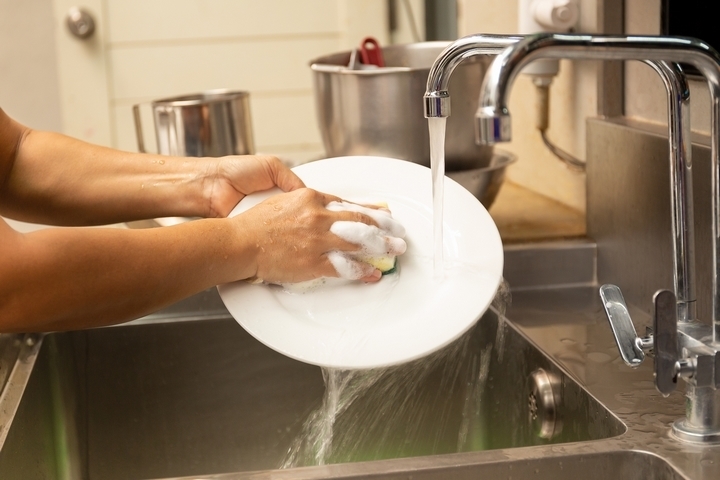
Don’t leave the tap water running if you wash dishes by hand. If you have two sinks, fill one with rinse water and use that. Rinse them quickly, and then turn off the tap if you don’t. Dishwashing uses a lot of water, and it’s unavoidable, but that doesn’t mean you can’t be smart about your washing method.
9. Stop watering your lawn
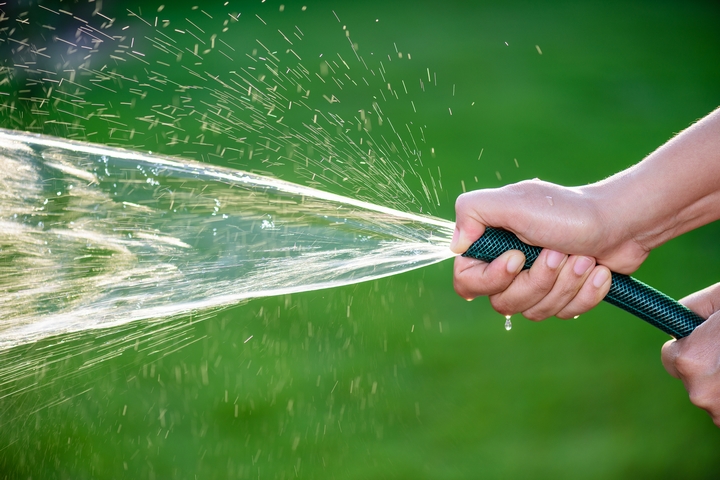
Some households will outright refuse to do this, even in a water shortage. Watering your lawn wastes a lot of water, as can water your garden if done improperly. If you must water your property, do it smartly, for a limited time, and adhere to water conservation methods while spreading water across your lawn or garden.
10. Plan your yard smartly
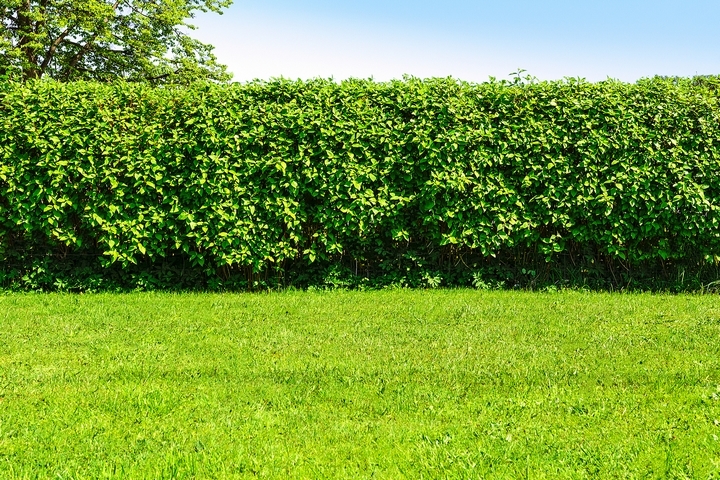
Water your lawn or garden soaks the ground through—water during the morning when it’s still cool outside. Don’t waste any water watering the gutters, the driveway, or the street in a garden or on your property.
Plant drought-resistant trees and greenery that don’t need as much water. Place a layer of mulch around trees and plants to slow down evaporation.
11. Don’t run the hose too much
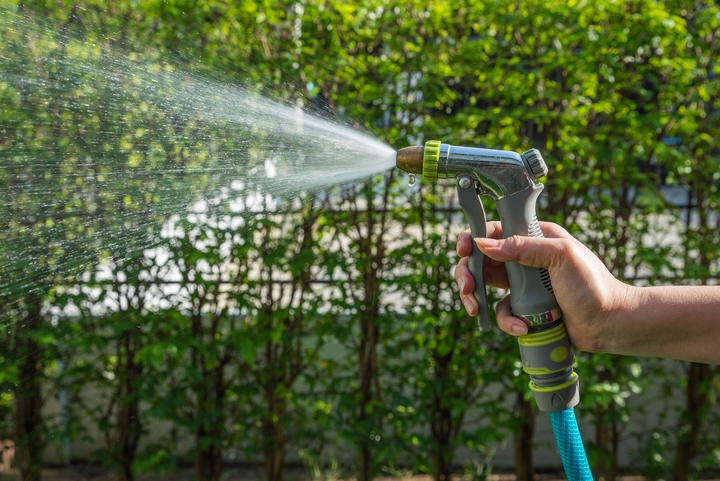
Don’t run the hose too much when washing your car. Soap down with soapy water and then carefully rinse with the hose. If you have to clean the driveway, sweep it instead of spraying. Alternatives like this that use less water or no water make a difference.
12. Check your pipes for leaks
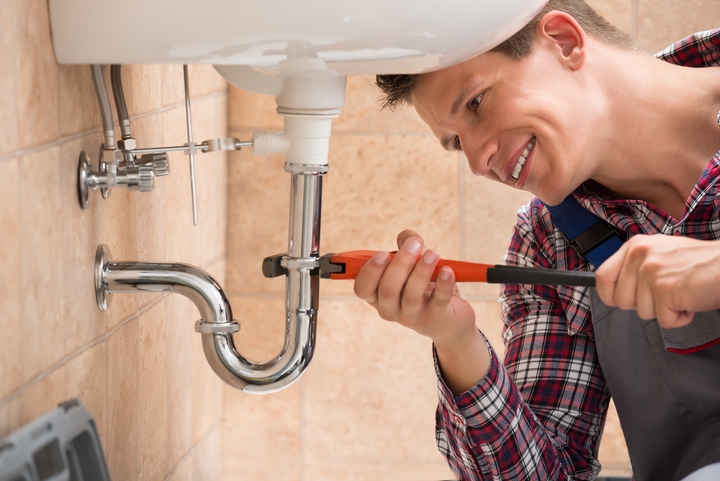
If you notice that your water bill is high, it may be because you have a leaky pipe. A plumber will be able to inspect your plumbing system, identifying any water usage issues or leaks that are present. A small drop can easily deplete a home of 50 gallons a day. That is water usage you, unfortunately, pay for. If you notice any signs of leaking, have your plumbing inspected and ensure those repairs are made.


